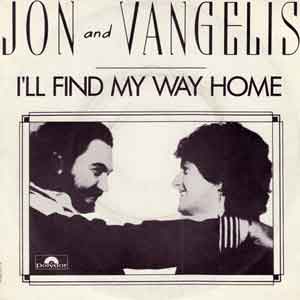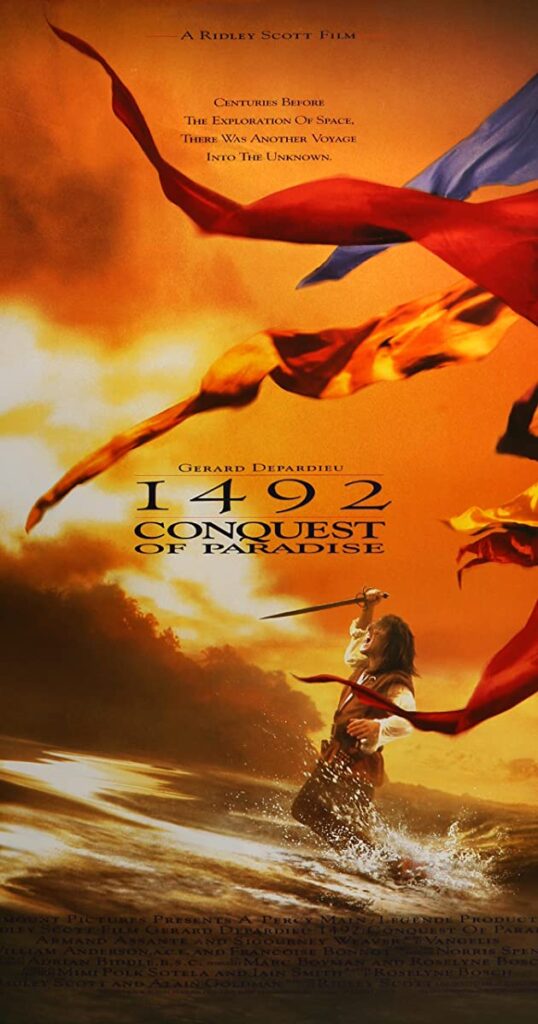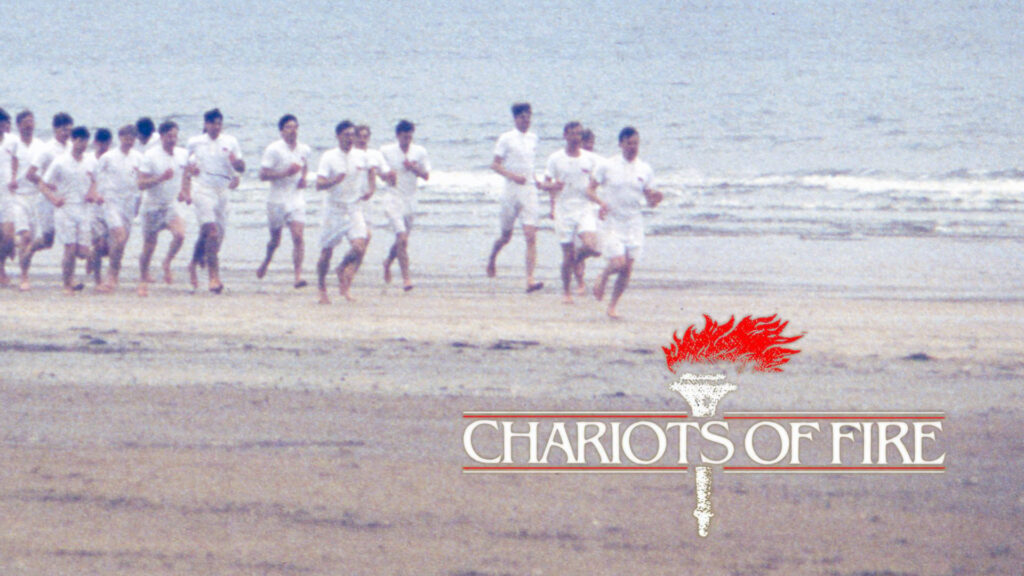Vale Vangelis
Taking a break this month from the line-up of recommended reading, although I’ve got more great books to talk to you about next month (unless someone else whose work I very much admire should pass away, which I hope won’t be the case!).
As regular readers of My Favorite Things know, I love movie music. It’s great to listen to but perhaps even more important, it’s great to write to. Good soundtracks so immediately conjure a picture and an emotion and an atmosphere that they make perfect accompaniments to the search for literary inspiration.
I was terrifically saddened two weeks ago to hear of the death of composer Vangelis who wrote some of my favorite soundtracks. So I thought I’d take a moment to remember what his music has meant to me over the years.
I haven’t included links to musical clips in the column because I find that the links that work for me in Australia tend not to work internationally. If you’d like to listen to any of the music that I’m talking about today, just put the title into YouTube and you’ll find what you’re looking for.
Like so many people, I first became aware of Vangelis through his luminous Academy Award-winning score for Chariots of Fire from 1981. Who can forget that powerful opening image of all those gorgeous young men running along that beach at sunrise in Scotland at the start? It’s still one of those pieces of music that immediately bring a vivid image to mind from the first note.
I saw the movie very early in its release, well before it became a worldwide hit, and I rushed straight out to buy the vinyl of the soundtrack. I was obsessed with that record and played and played it until it was worn out. The soundtrack was so unusual for its time, although it inspired a raft of electronic music for the cinema to follow.
After that, Vangelis’s music seemed to take over the world. I was a huge fan of Blade Runner. I still remember that magnificent final scene where Harrison Ford’s character and his beloved fly out over the rolling forest of green to the sound of all those looping synth arpeggios. One of the reasons that scene was so breathtaking is that the view, like the music, opens out to a wide panorama, after all the claustrophobia of the main story. Again, unforgettable.
Other wonderful cinema experiences with Vangelis’s music include The Year of Living Dangerously, where his previously composed piece L’Enfant (the child) plays under the scene where Mel Gibson and Sigourney Weaver drive out among the Indonesian rice paddies and fall in love. The wonderful Australian director Peter Weir had a habit of giving previously composed music a new lease of life in his films – I think of Oxygene by Jean-Michel Jarre and Albinoni’s beautiful but tragic Adagio from Gallipoli in particular.
If you like Vangelis’s music and want to explore further than Chariots of Fire, try the music from 1492: The Conquest of Paradise and Antarctica. I haven’t seen either of these films, but I love, love, love the music. So powerful, it takes you to another place – spiritually, I mean, not just the South Pole or pre-Columbian America!
Vangelis also had a pop career beyond his success as a film composer. I’ve already admitted how obsessed I became with the Chariots of Fire soundtrack. I also became obsessed with an album Vangelis did with Jon Anderson from the British rock band Yes. The Friends of Mr. Cairo came out in 1981 and featured the track “I’ll Find My Way Home.” I can still wander into a different world by hitting the repeat button on that one. It’s just gorgeous. If you haven’t heard it, I urge you to give it a go. It’s one of those timeless songs that will haunt you. Or at least that’s how it affected me.
Vangelis was born Evangelos Odysseas Papanathassiou in Greece in1943 and he died, aged 79, in May this year. He’s a man who created a completely individual body of work that has stood the test of time. If you don’t know his music, I strongly recommend you visit YouTube and check it out. I bet you’re blown away, the way I am, by the beauty and power of the unique sound universe he created.



